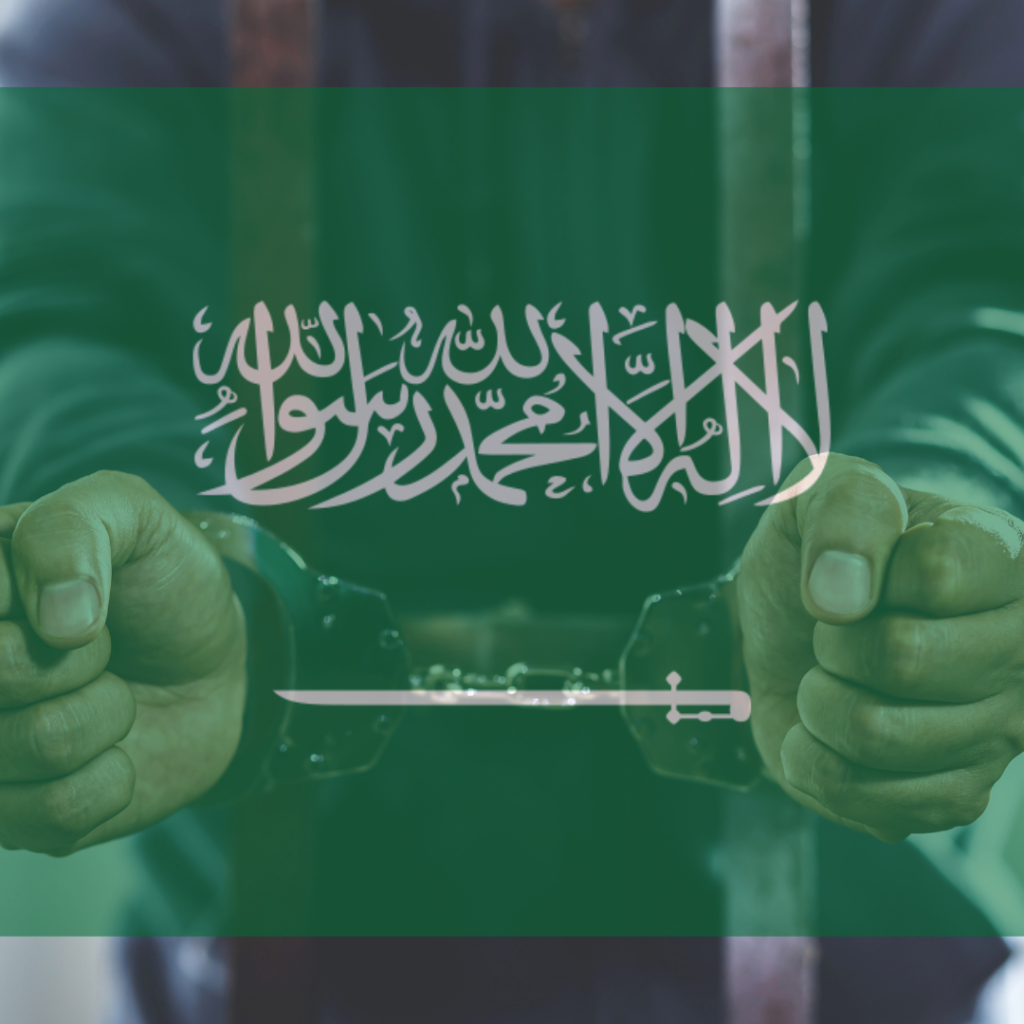Human Rights Watch warned today that Saudi Arabia should guarantee that a future penal law fully conforms with international human rights norms. The government said in February 2021 that judicial changes, including the country’s first codified criminal code for discretionary offenses – crimes whose punishments are not defined in sharia law – would be implemented this year, but no further details have been released.
All clauses that penalize conduct must be properly defined. The penal law should not codify current arbitrary accusations as broad-based, catch-all offenses that penalize, among other things, the rights to free expression, association, and assembly. Saudi Arabia should also take advantage of this chance to abolish the death punishment entirely. The government should stop repressing autonomous civil society and critical voices so that they may contribute independent viewpoints and help reform initiatives succeed.
Human Rights Watch has consistently condemned widespread abuses in Saudi Arabia’s criminal justice system, including extended periods of incarceration without charge or trial, lack of legal help, and the courts’ reliance on torture-tainted confessions as the only basis of conviction. The abuses of defendants’ rights are so fundamental and pervasive that reconciling Saudi Arabia’s criminal justice system with a system founded on the fundamental principles of the rule of law and international human rights norms is difficult.
DIDE has highlighted five important revisions that should be included in the proposed written criminal code to meet international standards, based on previous evidence and contact with Saudi human rights campaigners overseas.
-1 Ensure that all sections of the penal code and any applicable legislation criminalizing or penalizing criminal activity are codified. All components of a crime and their possible penalty should be clearly described so that an ordinary person may evaluate if their actions would constitute a criminal offense, and the crime should be readily recognized under international law.
2- Do not include measures that allow the government to unilaterally repress and penalize individuals for peacefully expressing their ideas, in violation of international legal commitments, including the threat to “national security.”
3- Do not contain measures that infringe on people’s rights to privacy, physical autonomy, health, and nondiscrimination.
4- Do not contain clauses that allow for torture or cruel, inhuman, and humiliating treatment, such as stoning, amputation, and flogging.
5- Refrain from using the death sentence as a punishment for any offense and specifically prohibit its usage.
According to the Saudi Press Agency, the penal code is one of four previously mentioned draft reform laws that will be submitted this year. The others are the law of evidence, which goes into effect on December 28, 2021, the personal status legislation, which goes into effect this month, and the civic transactions law. One Saudi lawyer and activist in the United States hailed the new evidence legislation as “legally sound,” but cautioned that many safeguards safeguarding defendants’ rights had been included in prior laws and regulations but had not been adequately implemented.
Saudi authorities are preparing these reform bills against the backdrop of a full shutdown of what was already a small space for civil society, leaving no one within the country to check that the state is delivering on its pledges or argue for more required changes.
“Saudi Arabia’s reform efforts cannot succeed without public consultation, in which people can share their views without fearing arrest,” Page said. “It is imperative for the upcoming reforms to avoid entrenching existing discrimination and criminalization of freedoms.”
We believe that Saudi Arabia’s judicial system desperately needs a revolutionary overhaul to be fair, independent, and effective, but the restrictive context in which new laws are produced does not inspire confidence. The concern is that Saudi Arabia would codify abusive behaviors that have evolved in the absence of a formal criminal law for decades.


